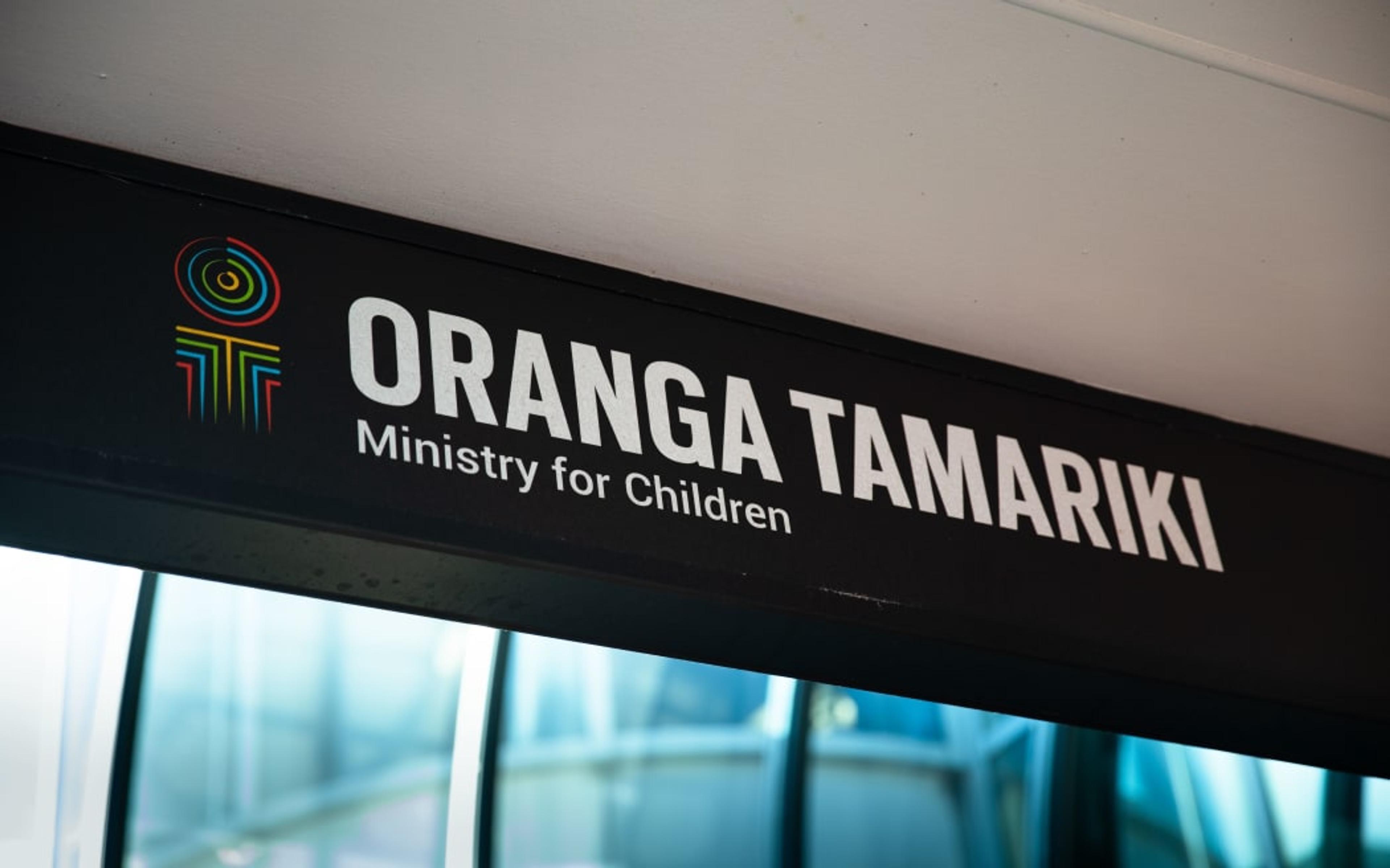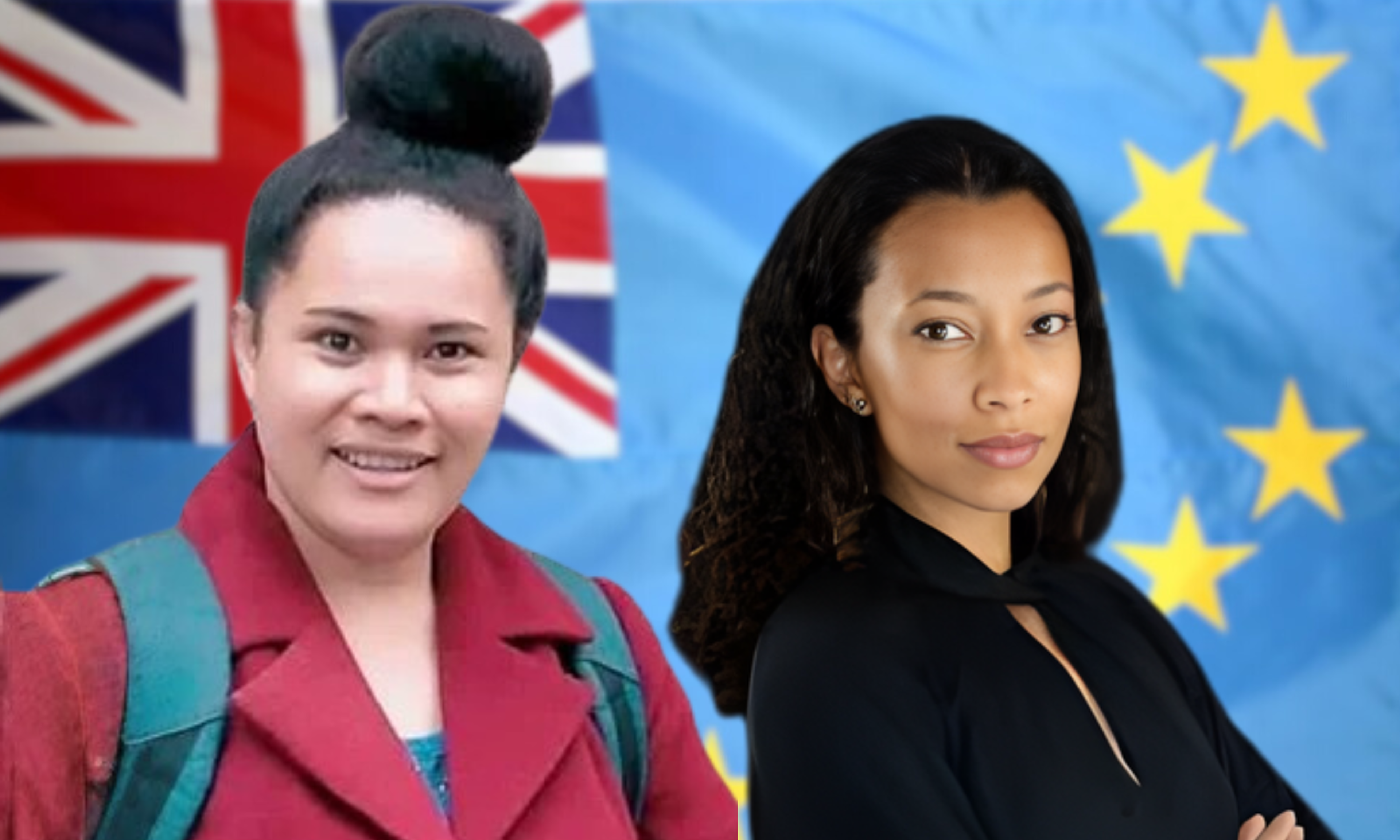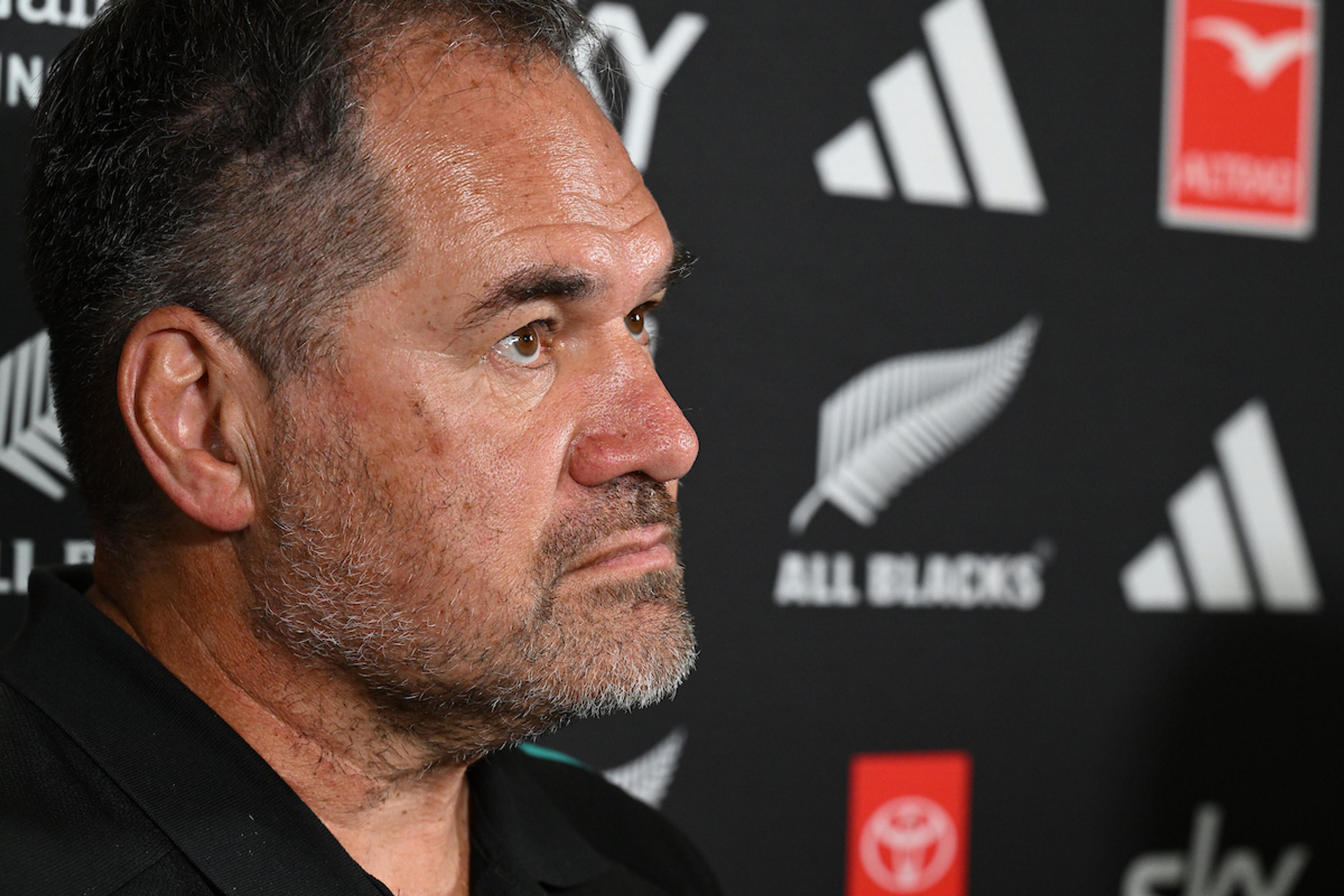

Photo/ RNZ/ Angus Dreaver
Cultural concerns for children in state-care if law changes go ahead
A Māori family social service provider is urging the government to rethink moving away from race-based policies.



Realm relations in focus as Tokelau-NZ marks 100-year history


Dave Rennie becomes first All Blacks coach of Pacific heritage



Realm relations in focus as Tokelau-NZ marks 100-year history


Dave Rennie becomes first All Blacks coach of Pacific heritage
There are fears changes to the laws around children in state care will cut ties with their cultural heritage.
The government is set to change section 7AA of the Oranga Tamariki Act, where the child’s whakapapa or consideration for their genealogy must be prioritised in decisions around their care.
New children’s minister Karen Chhour says the best interests of the child should be put ahead of race-based factors.
“Above all else, children need shelter, care, food, love and warmth”, she said of her member’s bill to repeal the legislation.
“While well intentioned, section 7AA creates a conflict between protecting the best interests of the child and race-based factors enshrined in 7AA. This conflict has the potential to cause real harm to our children.”
E Tipu e Rea Whānau Services chief executive Zoe Witika-Hawke says the current law enables decision makers to consider a more indigenous approach to children in care.
“So there’s an equal prioritisation of the needs and the way our families are, compared to other cultures, so we have less in care and we start recovering from intergenerational experience of state care.
Speaking to Nemai Tagicakibau on 531pi’s Pacific Mornings, Witika-Hawke is concerned the law change will deepen stigmas already in the system towards young, brown mums who need support.
“Often, if it’s Māori or Pasifika, they’re treated worse and it’s almost a belief that they’re too young to parent, too inexperienced, they can’t do a good job.
“If you look at our history it’s not surprising, the history of land, our whenua being taken away, laws that prevent us being who we are.”
Pacific over representation in state care
In 2018, Pacific children made up 16 per cent of Oranga Tamariki’s "out of home" placements, and almost quarter of the youth justice residence admissions, despite making up 13 per cent of the population.
The Safety of Children in Care Annual Report shows Pacific children had higher rates of harm in proportion to all children in care, mostly sexual and physical, but also instances of emotional abuse and neglect.
Witika-Hawke is concerned removing the clause will lead to even more children being taken from their families.
“Section 7AA allows us to leverage off Oranga Tamariki’s commitment around ensuring that they are connected to whānau, iwi and their culture.
“We don’t want that removed, because we think what will happen is it’ll be diluted and we won’t have that leverage and they just won’t have that focus anymore and more of our babies will get uplifted.”
Witika-Hawke says the government has made other moves away from race-based policies, but wants the Minister for Children to buck the trend.
“That can be difficult because Karen has to go against the party line, removing all those references to race-based policy, but I think deep in her heart, she'll know that's the right thing to do, whether she’s brave enough to step up and challenge that, I don't know.”
Chhour, who has Ngāpuhi heritage, says every child should be seen as an individual and their wellbeing must come first.
“As someone who grew up in state care, I have deep appreciation of what children need. Each child regardless of race, has their own individual circumstances and family background which means we should never take a blanket race-based approach.”
Watch the full interview on 531pi below: